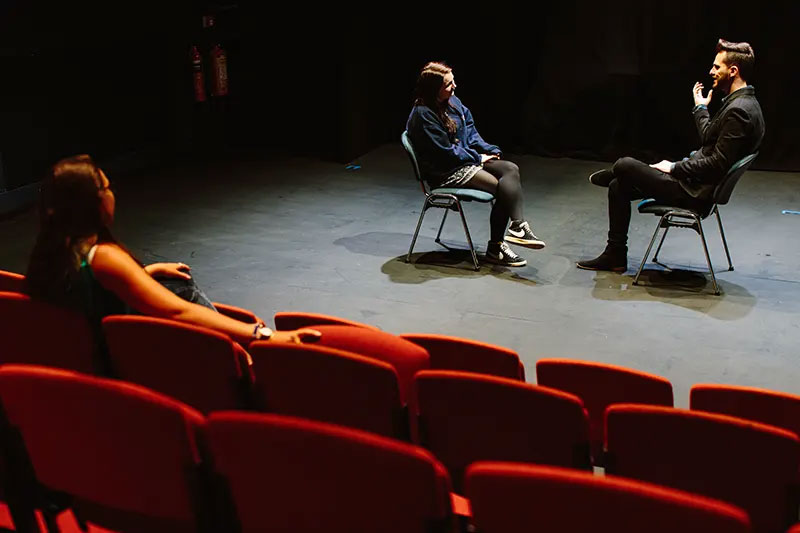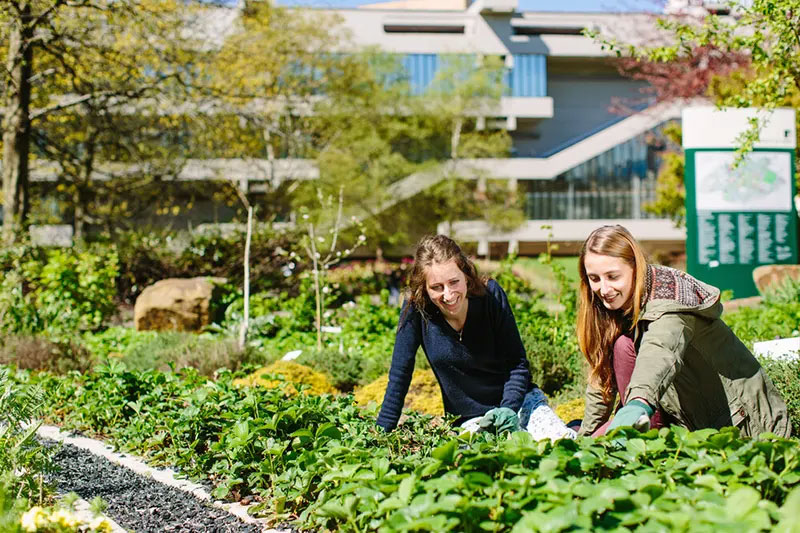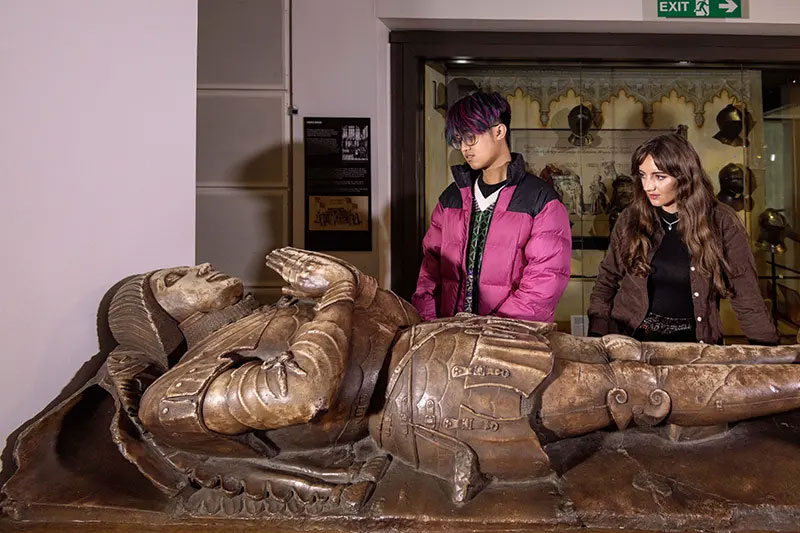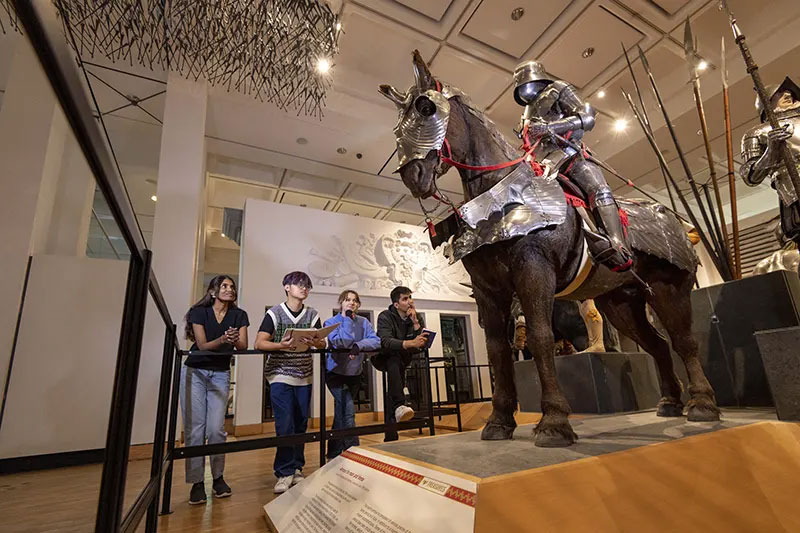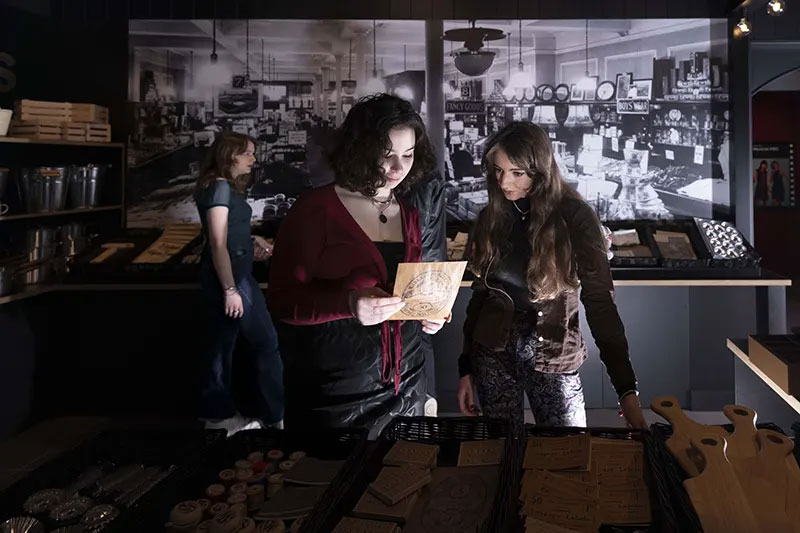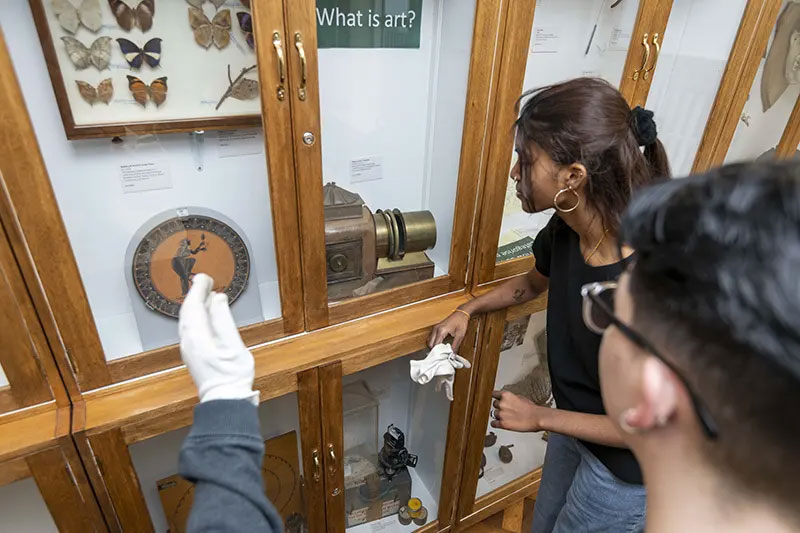Spanning the early modern period to the present day and covering Europe, Africa, Asia and the Americas, our MA Modern History offers unparalleled range of study, not only chronologically and geographically but thematically too. We are one of the largest History departments in the country and the staff who teach on the course have a diverse range of expertise.
With a wide range of optional modules, you can tailor the course to suit your interests, but we also encourage you to develop how you think as a historian: you'll have the chance to encounter new ways of 'doing' modern history, from the study of state archives to popular culture and everyday life. Crucially, we don't prioritise any one approach so you'll get to work with historians who ask different kinds of questions, use different kinds of sources and who understand the past in different ways.
Core modules ('Practicing Modern History' and 'Communicating History') help you understand these different approaches and give you the critical skills to contribute to current historiographical debates. A 15,000-word research dissertation, closely supervised by a leading historian in their field, allows you to apply the knowledge and skills you have gained.
The School of History at Leeds has more than thirty members of staff currently working in the field of Modern History. We have long-standing strengths in British, European, American and colonial history but we also have experts working on East and South-East Asia, India, Africa, Latin America, Australia and the Middle East. Thematically, we also can offer a tremendous range of Modern History. We have specialists in medical history and the history of psychiatry, histories of race and gender, military history, the histories of childhood and the family, histories of protest and resistance, political, transnational and international history.
The MA Modern History enables you to immerse yourself in this diverse scholarly community; besides taught modules, you are encouraged to participate in the School's research culture by attending research seminars, conferences and workshops. The Leeds Humanitites Research Institute (LHRI) fosters interdisciplinary study and connects students with staff and students outside the School.
The University's libraries provide some of the best archival and library collections in the country and its Special Collections have a wide range of archival holdings, with particularly extensive collections in political and social history, the history of religion and theology, histories of science, medicine, education, travel and art. Outside Leeds, students have easy access to the British Library at Boston Spa.
Specialist Resources
You'll study in a supportive environment with a wide range of resources. The world-class Brotherton Library has one of the best history collections in the UK, ranging from monographs and journals to conference papers, theses and over 100 digital databases of primary sources and other materials for fundamental research. The Brotherton also has its own special collections including the Leeds Russian Archive and the Feminist Archive North.
The Alf Mattinson Collection is full of printed works and papers related to the history of the Labour Party, whilst the Romany collection and Liddle Collection offer insights into Romany culture and the First World War respectively.













